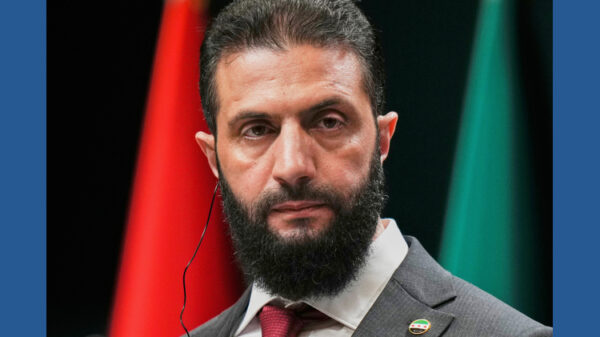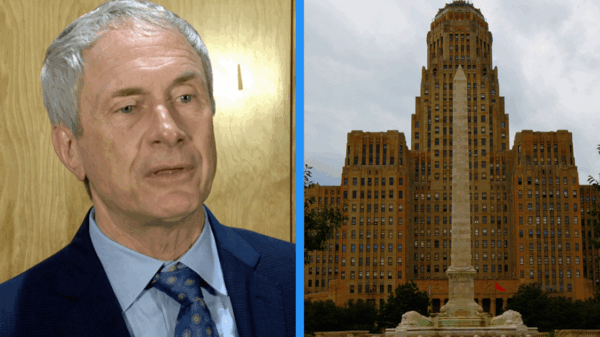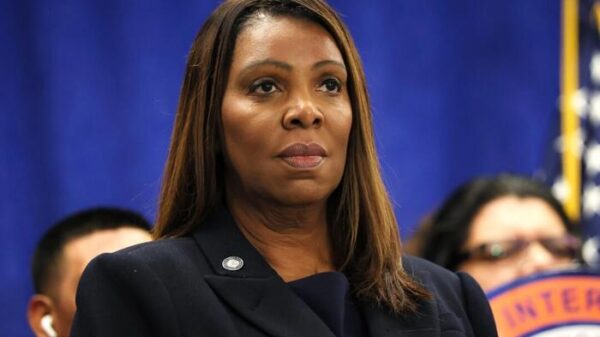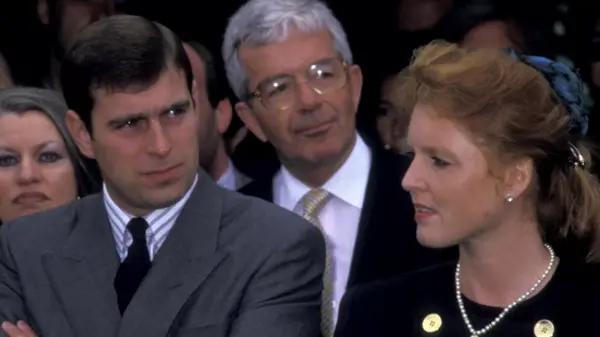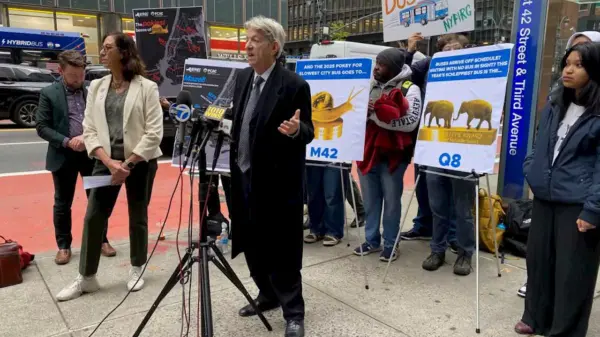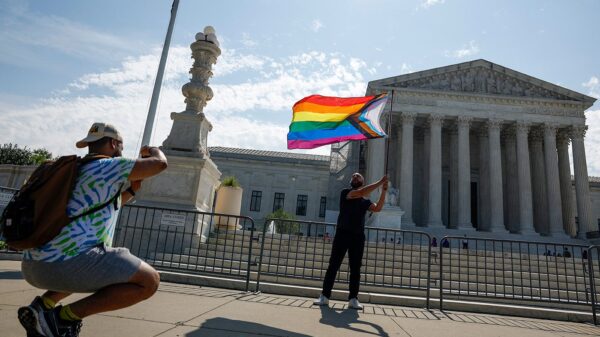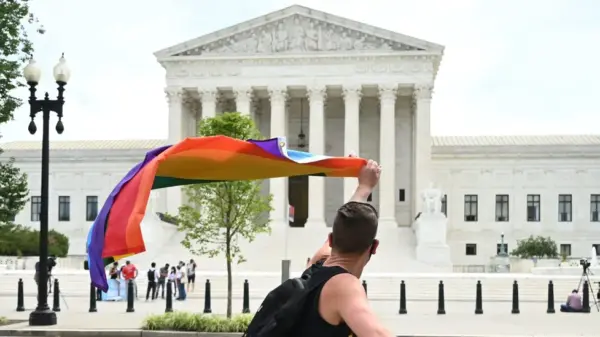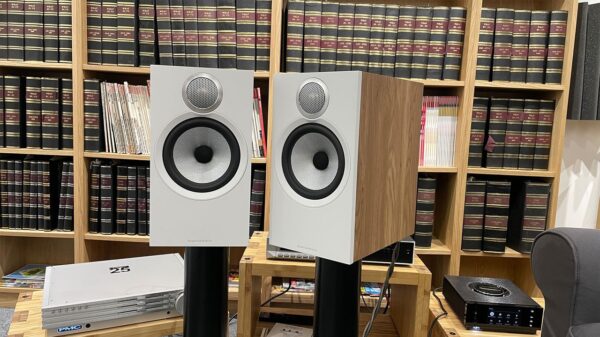A recent survey conducted by the Foundation for Individual Rights and Expression has highlighted concerning trends regarding free speech on college campuses, particularly at the University of Illinois (UI). The university received a failing grade of “F,” reflecting a broader issue of limited open discussion among students.
The survey revealed that only 43 percent of students admitted to self-censoring their opinions. This figure may not fully represent the reality of communication in everyday life, where many individuals moderate their words to avoid conflict. For instance, it is common for people to refrain from expressing negative opinions about a partner’s cooking or to keep critical thoughts about a supervisor to themselves to maintain workplace harmony.
More alarming, however, is the statistic indicating that 70 percent of students believe it is acceptable to disrupt speakers presenting opposing viewpoints. This sentiment raises significant concerns about the culture of dialogue and debate on campus. Even more troubling is that 34 percent of respondents considered it permissible to resort to violence to silence dissenting opinions.
These findings suggest a troubling environment for free expression at the university. The implications are severe: if students feel empowered to threaten harm over differing perspectives, the educational mission of fostering critical thinking and respectful discourse is jeopardized.
Norman Davis, a resident of Champaign, expressed his dismay at these results in a letter to the editor. He questioned the lessons being imparted to young people in today’s society, suggesting that the current climate encourages harmful reactions to disagreement rather than constructive dialogue. Davis emphasized that the right to free speech seems only to apply to those who share similar views.
As academic institutions grapple with the principles of free expression and the responsibilities that come with it, the situation at the University of Illinois serves as a critical case study. With over 20,000 students on campus, the potential for conflict over differing opinions poses significant challenges not only to the university’s educational mission but also to the broader societal values of open discourse and tolerance for diverse perspectives.
In light of these findings, it is imperative for educational leaders to reflect on the implications of such attitudes and to foster a culture that embraces free speech while ensuring that all voices can be heard in a respectful and constructive manner.














